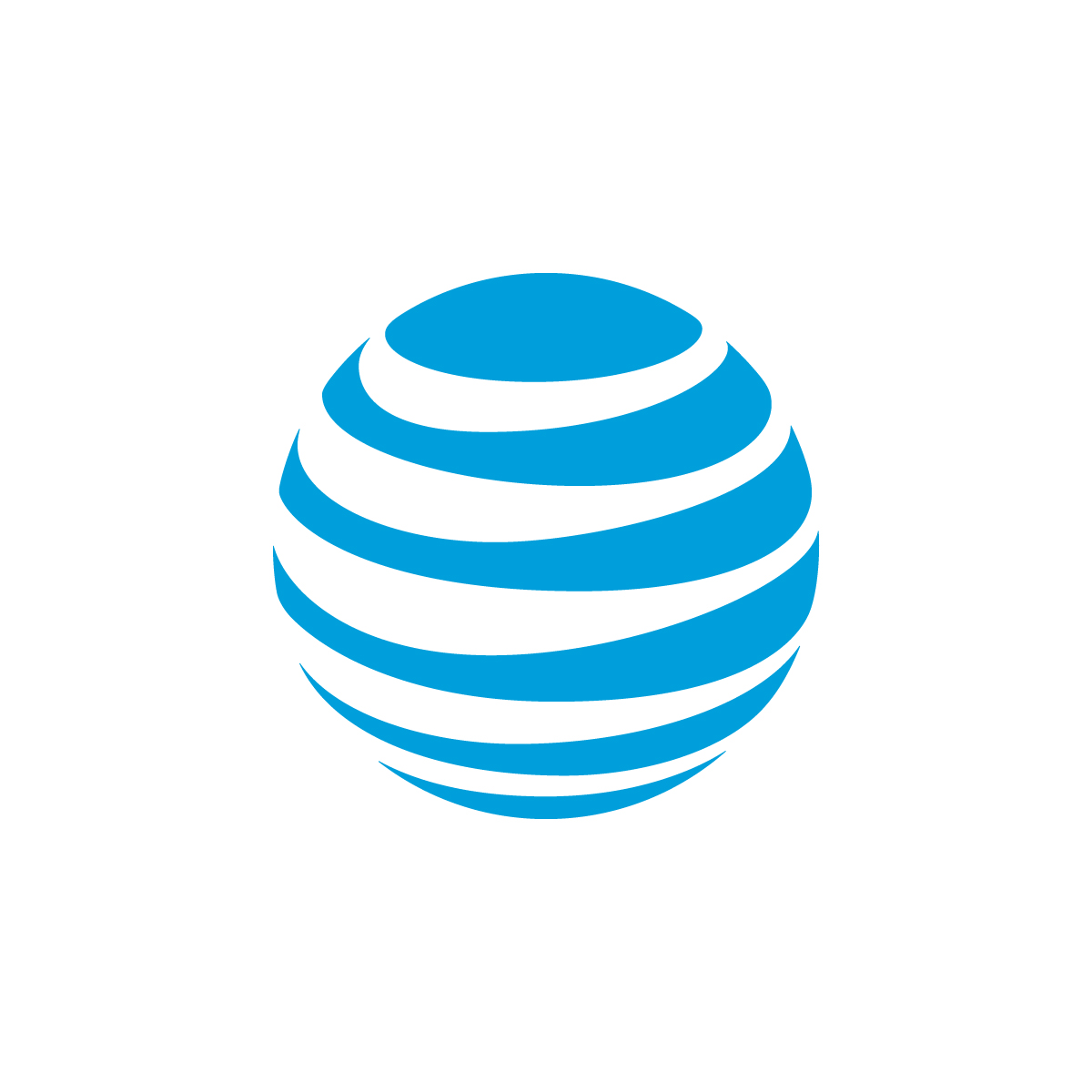A Smart Cities Summer: A Conversation with EDF Climate Corps Fellow Maham Masood Sadiq
As our cities integrate technology into their infrastructure and become more intelligent, a clear pattern is starting to emerge. The benefits of connectivity are helping to improve people’s lives and protect the environment. From conserving water to solutions that alert us to rush-hour traffic delays, Smart Cities technology represents a vision of a healthier, safer future that is more attainable than ever.
Since innovative solutions demand fresh perspectives and new ideas, we once again teamed up with the Environmental Defense Fund’s Climate Corps program. Climate Corps selects and pairs graduate students with Fortune 500 companies to offer their unique insights and training to companies’ environmental innovation programs. These students exhibit both passion and excellence in the fields of sustainability and technology, an invaluable combination for our Smart Cities and corporate social responsibility goals.
Our Climate Corps Fellow Maham Masood Sadiq joined us in Atlanta this summer to help measure the impact our IoT technology is having in creating more sustainable cities. Maham Masood recently spoke to us about her time at AT&T.
Tell us a little about yourself
Sadiq: I am a Sustainability Management student at Columbia University. I was born in the United Kingdom and raised in Pakistan, where I studied electrical engineering. I received my Masters in engineering and public policy in Canada at McMaster University, before going to Columbia to work on my understanding of the business side of engineering. Besides school, I am an avid cricket player and a trekker, a passion that has taken me to the base camp of one of the highest peaks in the world in Northern Pakistan.
How did you get involved with EDF?
Sadiq: I have always been passionate about sustainability, particularly about working through the transition in both developed and developing countries to clean energy. Through my work and studies, I have been connected with people also interested in sustainability who introduced me to the EDF program. At Columbia, I’ve met previous Climate Corps fellows and lots of people who knew of the program who helped to get me involved.
Tell us about the project.
Sadiq: My project was to create a model that would estimate CO2 and economic savings from digital infrastructure in cities around the U.S. The model was tested on the current projects of Atlanta and San Diego. It was a collaborative project between different business units and stakeholders.
What previous experience do you have that helped you in this work?
Sadiq: I used a combination of my experiences in this project. I used my electrical engineering background, and the work of that type I have done at home in Pakistan. Because Smart Cities work require lots of interaction between public and private sectors, my understanding of regulation environments from my degree in public policy in Canada was helpful. At Columbia, the Sustainability Management program includes environmental, business, and marketing studies, and the carbon management studies I did there especially prepared me for CO2 evaluation work. I’m very interested in the process of integrating sustainability into a business model, which I found particularly relevant here. It was easy to interact with people in the program, which was important because it involved reaching out cross-companies and cross-sectors, including to city representatives. I learned a lot in the process.
What were some challenges you faced?
Sadiq: If you have the data, CO2 evaluation is no big deal. The challenges are understanding the natures of diverse stakeholders, understanding the ecosystems of smart cities, which are still a developing area, and, as a result, recognizing the parameters within which you work.
What would you say was the most rewarding aspect of your experience?
Sadiq: Apart from professional development, it was rewarding to be able to assure that sustainability work is revenue-generating. To know that linking environmental work with business is still profitable gives you something to believe in, a future to work towards.
What advice would you offer a future EDF Fellow?
Sadiq: Make the most of the resources and people around you. The project was fascinating and complex, and I learned a lot from it, but I learned the most from the mentorship, from peers to overseers to project managers. I’d tell them to jump in on the first day and work on understanding the organizational structure of the project. Understand who to take data from and where they’re coming from, what kind of work they do, and their point-of-view.

